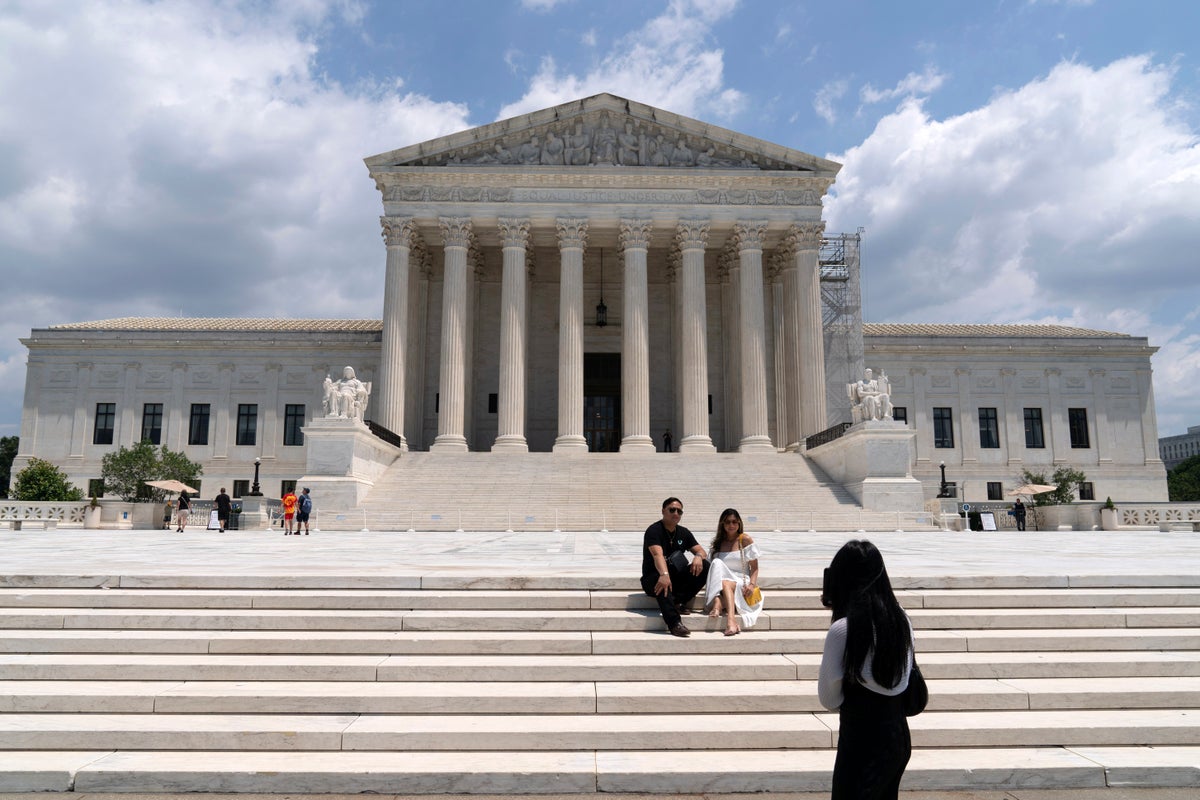
Federal agencies, such as the FDA or EPA, have been crippled in enforcement and oversight after the Supreme Court ended more than 40 years of precedent.
In a 6-3 decision on Friday, the conservative majority of the Supreme Court handed down a ruling in an extraordinarily consequential case that will have intense ramifications for federal agencies and Congress.
Moving forward, agencies—including the Environmental Protection Agency and Food and Dog Administration, among many others—will need to turn to Congress and the courts to interpret how their respective branches function in ambiguous situations. In the past, they were allowed to use their expertise to interfere with and enforce laws and regulations.
“Even when an ambiguity happens to implicate a technical matter, it does not follow that Congress has taken the power to authoritatively interpret the statute from the courts and given it to the agency,” Chief Justice John Roberts wrote for the majority.
Roberts noted the decision does, “not call into question prior cases that relied on the Chevron framework. The holdings of those cases that specific agency actions are lawful –including the Clean Air Act holding of Chevron itself –are still subject to statutory stare decisis despite our change in interpretive methodology.”
For years, the conservative legal moment targeted the Chevron doctrine, the landmark 1984 ruling, resenting the control it gives to the executive branch over regulations.
Chevron revolved around the interpretation of the word “source” in the 1963 Clean Air Act. The act did not define what a “source” of air pollution was, instead leaving the government to interpret that for themselves. But National Resources Inc., an environmental group, stepped in and argued that the government’s interpretation contradicted the purpose of the legislation.
Ultimately, the Supreme Court decided that when a lower court is faced with ambiguous wording, they could defer to an agency’s reasonable interpretation using a two-part test.
The opportunity to reverse Chevron arose from a lawsuit between a disgruntled fishing company and the National Marine Fisheries Service. The fishing company resented a 2020 rule that forced them to pay for government-manded observers aboard their boats to monitor for overfishing.
Believing it was unfair, the fishing company sued.
During oral arguments in January, Justice Ketanji Brown Jackson warned about the implications of reversing Chevron.
“I see Chevron as doing the very important work of helping courts stay away from policymaking,” She said. “If we take away something like Chevron, the court will suddenly become a policymaker by majority rule or not.”
Justice Elena Kagan, joined by Justice Sonia Sotomayor and Jackson, delivered the dissenting opinion, sharply criticizing her colleagues for scaling back administrative power – a common theme at the court this term.
“In one fell swoop, the majority today gives itself exclusive power over every open issue—no matter how expertise-driven or policy-laden—involving the meaning of regulatory law. As if it did not have enough on its plate, the majority turns itself into the country’s administrative czar,” Justice Kagan wrote.
“As to the first, this very Term presents yet another example of the Court’s resolve to roll back agency authority, despite congressional direction to the contrary.”







